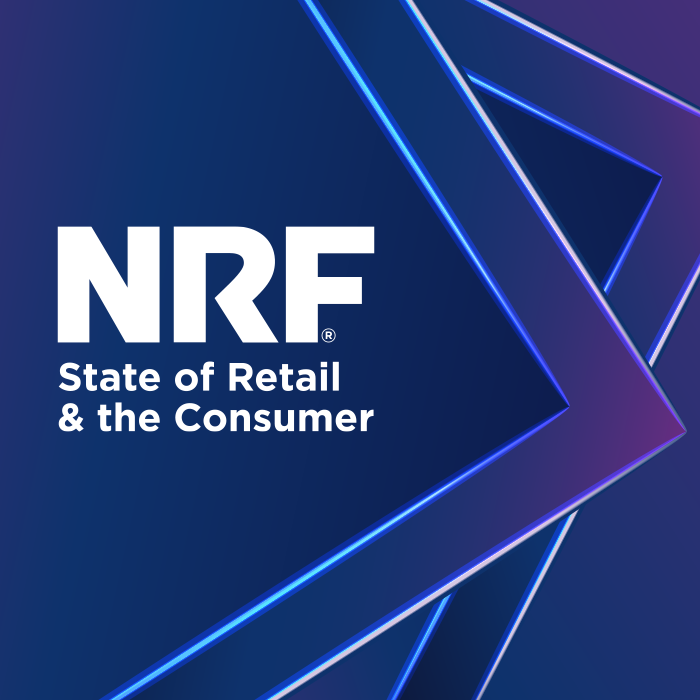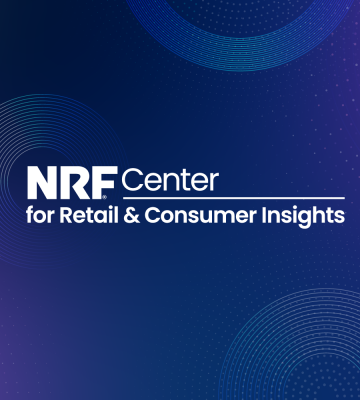Global convenience retail in transition
)
The National Retail Federation’s annual Top Global 50 Retailers list ranks the nation’s top international retailers based on their operations at the start of the previous year. Walmart maintains its position at the top, followed by Amazon, Schwarz Group, Aldi and Costco. This series takes a closer look at select retailers and sectors on the list.
With declining tobacco use in most countries, convenience retailers are exploring ways to replace high-margin cigarettes sales and draw shoppers to c-stores. Increasingly, these options have included mergers and acquisitions as companies seek new revenue from larger companies and global partnerships. The core business models of rapid growth via franchising and flexible management of company-owned stores have again become key areas of concern.
NRF Top 50 Global Retailers 2025 List
View the complete Top 50 Global Retailers 2025 list.
In all geographies, convenience stores have turned to prepared food, digital services and ecommerce to compete for shoppers. Meals prepared in-store, prepackaged food to be heated, and quality commissary products are proven ways to draw repeat trips — but each requires major investments in store design, equipment and training store staff to handle food with a strong service orientation.
Financial services, including bill payment, travel booking and banking, are avenues convenience retailers are exploring to draw shoppers. Financial technology has enabled these services, which often target lower-income shoppers. These services give shoppers more reasons to visit a c-store, increasing potential in-store sales, but require major investments in security and ease of use to create a truly seamless experience.
Ecommerce-related services, including delivery and pickup lockers, have the same potential, especially when facilitated by fintech, although development and execution are costly.
Adding value for shoppers by expanding into these new areas will impact major convenience chains around the world. Mergers and acquisitions have been the most dramatic moves, with thousands of stores impacted globally.
Alimentation Couche-Tard expanded its Canada-based business in Europe. Its INGO and Circle K banners experienced organic growth in the Nordics. In 2023, the company acquired 1,600 TotalEnergies stores in Germany and the Netherlands and an additional 600 in Luxembourg and Belgium. It also acquired 112 convenience and gas stations in the United States from the Chilean-owned Mapco. In addition, the company initially offered over $40 billion to buy the larger Seven & I Holdings chain based in Japan. It increased the offer twice during negotiations, which are ongoing.
Seven & I Holdings has been under financial pressure in its non-convenience retail business in Japan since the height of COVID-19. In response, it created a group including Denny’s restaurants, the superstore formats Ito-Yokado and York-Benimaru, and specialty retailers Loft and Akachan Honpo that Bain Capital has committed to buying for approximately $5 billion. It is also planning an IPO for the U.S. 7-Eleven group in 2025 to create investor support for an independent 7-Eleven in the United States. It might also sell some stores to other retailers. Alimentation Couche Tard is still committed to buying Seven & I in its entirety or in parts.
CP All is not only the largest retail company in Thailand, but also one of the largest license franchises for 7-Eleven in Asia, with 12,000 locations. It also owns franchises of the Makro cash-and-carry format and Lotus’s hypermarket and has expanded them from Thailand to Malaysia, Vietnam and Cambodia. Initially drawn into several scenarios for a buyout of Seven & I Holdings, CP All instead opted to grow by integrating its ecommerce sites and marketplaces across its retail companies.
AS Watson focuses on convenience, chain drug and beauty retail, integrated into a common omnichannel platform. It also has a successful retail media operation across its 17,000 locations in 30 countries in Europe, the Middle East and Asia, with a pervasive presence in urban areas and travel hubs. Its fully owned beauty and cosmetics manufacturing group allows the company to offer a broad range of its own private-label products for sale online and offline. AS Watson had pulled back on M&A activities to re-evaluate its channel balance, remodeling several convenience stores into health and beauty locations.
NRF Top 50 Global Retailers
Learn more about the nation’s top 50 international retailers based on their operations at the start of the last year and view previous editions.
FEMSA’s Oxxo is a large convenience company with over 30,000 stores in 10 markets, allowing it to extend its logistics and operational expertise in chain drug across Latin America. It also has a rapidly growing neighborhood pantry grocery format in Mexico, with close to 400 stores after three years of operation. All stores and online platforms leverage fintech to offer a broad range of services, including banking, travel purchases, utility payments and digital cash wallets. In 2022, Oxxo fully bought out 2,600 Valora convenience stores in Europe, along with Valora’s supporting logistics, warehousing and procurement offices. With the purchase of 250 DK convenience stores in Texas from Delek, Oxxo is now expanding into a convenience-plus-petrol format to match its more than 500 Oxxo Gas locations in Mexico. Since acquiring OK Market in Chile in 2021, Oxxo has been opening stores in Brazil with a local joint venture. Negotiations between Seven & I Holdings and Circle K in the U.S. will likely create opportunities to purchase thousands of stores, for which Oxxo has already set aside capital.
The next round of M&A activity will likely involve convenience stores operated by major oil companies similar to Marathon Petroleum’s sale of its Speedway stores to 7-Eleven in 2020. That agreement included terms by which Marathon became 7-Eleven’s main provider of fuel and services.





